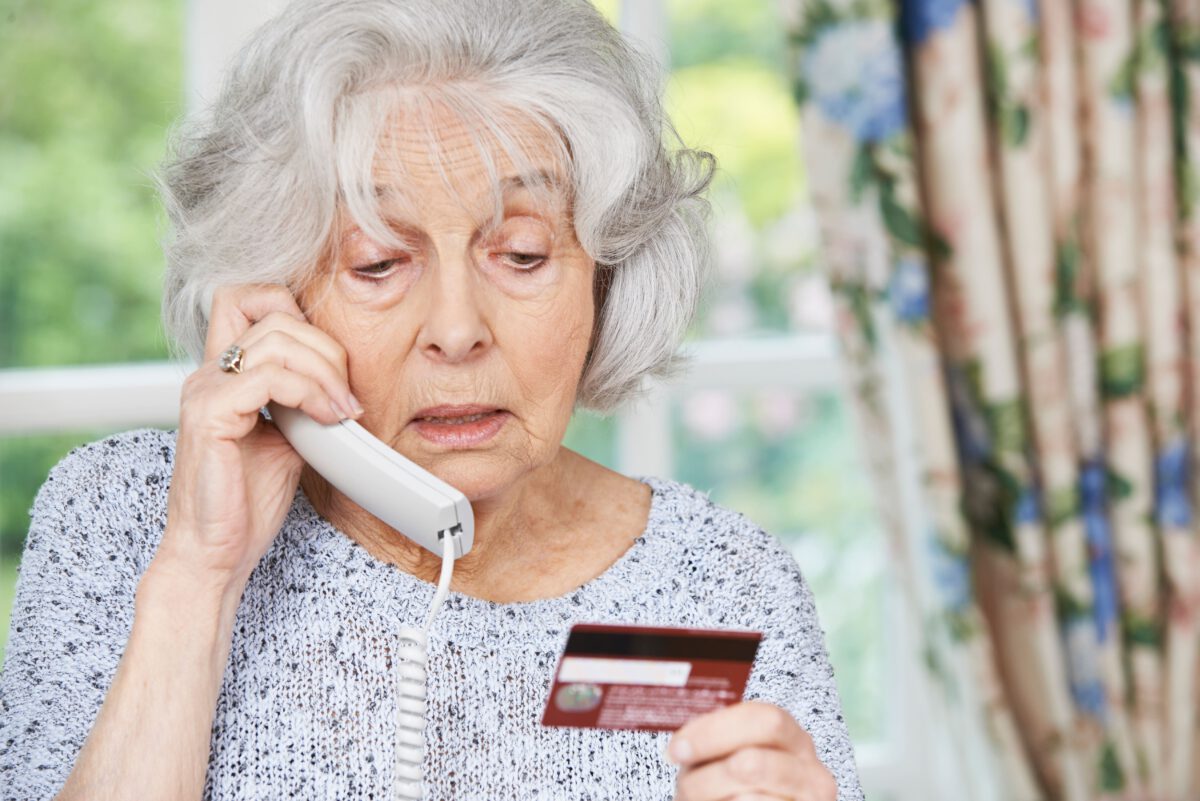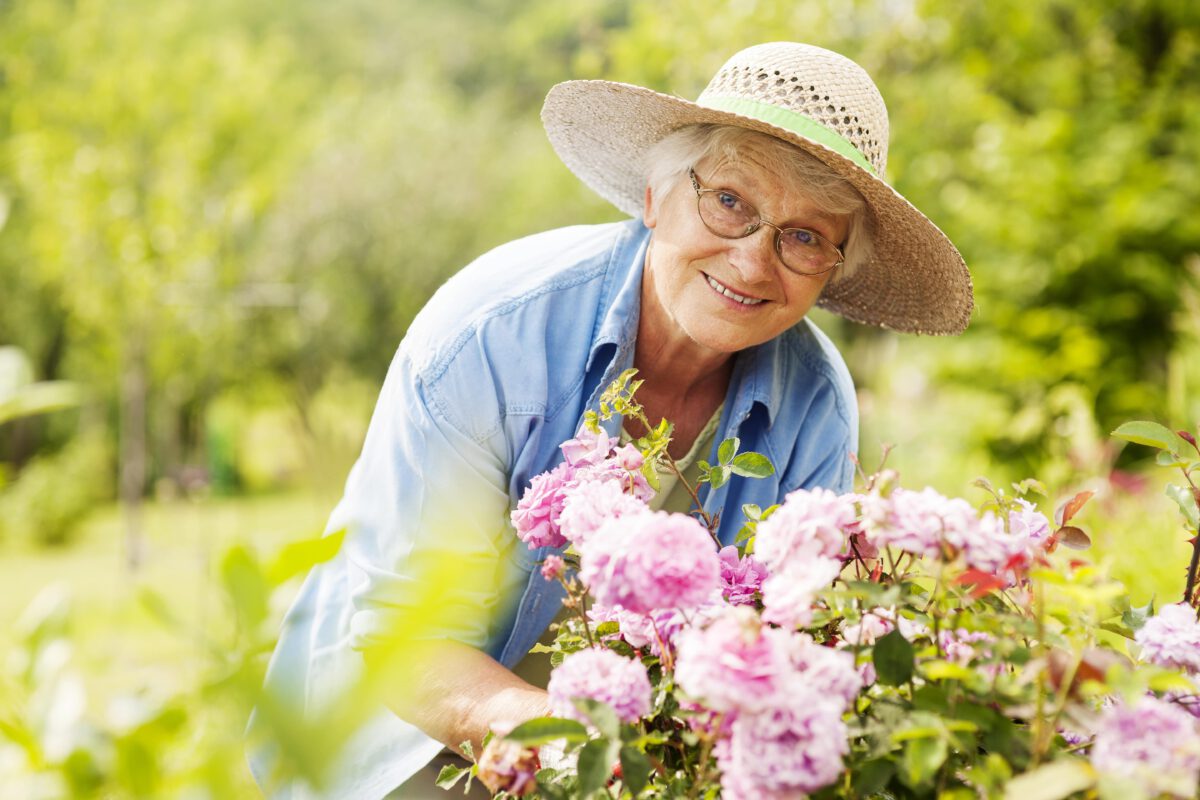Protecting A Loved One From Self-Neglect
It can be challenging to ensure the needs of an older family member, or a loved one living with a disability are met. It can be especially difficult if they are living alone or cannot care for themselves because of physical or cognitive declines, such as dementia. In some cases, a loved one’s health condition or social isolation can put them at risk to self-neglect.
What is self-neglect?
The term ‘self-neglect’ is a type of abuse that someone inflicts on him or herself either knowingly or unknowingly. According to the Administration for Community Living, it is the failure of an adult to provide him or herself with basic needs such as personal hygiene, food, shelter and medical care, which in turn threatens their safety or health. Signs that a loved one may be self-neglecting can include:
- A lack of basic hygiene
- Not seeking medical care when it is needed
- Malnourishment
- A lack of heat, water or electricity in the home
- Extreme hoarding or clutter in the home
According to research studies, about nine percent of older adults are victims of self-neglect. Self-neglect has also been proven to increase a person’s risk for nursing home placement, premature death, increased hospitalization and increased use of emergency services (Dyer, C.B., & Reyes-Ortiz, C.A. (2017). Epidemiology of elder self-neglect. In X. Dong (Ed.), Elder abuse: Research, practice and policy (pp. 125-139). Cham, Switzerland: Springer International Publishing).
What do I do if I think my loved one is self-neglecting?
If we are concerned about a loved one’s well-being, we can make a report to Adult Protective Services (APS) by phone. To find contact information for your state, visit the National Adult Protective Services Association website. Once an APS worker receives the report, they will investigate the report by conducting a face-to-face interview with our loved one. During this interview, the worker will conduct an assessment to decide if self-neglect is actually taking place, and offer referrals to community-based resources such as home care services. The APS worker may also seek the help of a variety of professionals such as doctors, paramedics, firefighters and law enforcement officers to develop a care plan to keep our loved one in a safe environment.
APS workers are trained to respect each person’s wishes, and in most cases, our loved one has the right to decline services unless a judge has decided that they cannot legally make their own decisions after taking into account evidence presented by a licensed health care practitioner.
Generally, an APS worker will refer clients to other agencies to make sure our loved one’s needs are met. These services may include access to services or necessities such as:
- Home Care or In-Home Support to assist with everyday tasks
- Housing
- Food
- Clothing
A team from the Benjamin Rose Institute on Aging, led by Dr. Farida Ejaz, developed a training on abuse, neglect and exploitation for health care practitioners. Although the training program is still being modified, initial testing showed that the training helped to improve knowledge on abuse, neglect and exploitation for the practitioners. It is hoped that by better understanding the warning signs of self-neglect, health care practitioners will be able to offer greater support in monitoring our loved ones wellness and identifying when they may be at risk.
If you are worried about a loved one, the National Adult Protective Services Association has locations all across the United States with workers who are trained to help people who may be struggling. All calls are confidential, and you will be able to make a report anonymously, if you wish. Many states also have a 24-hour hotline. For more information or to contact your local APS office, visit www.napsa-now.org.







